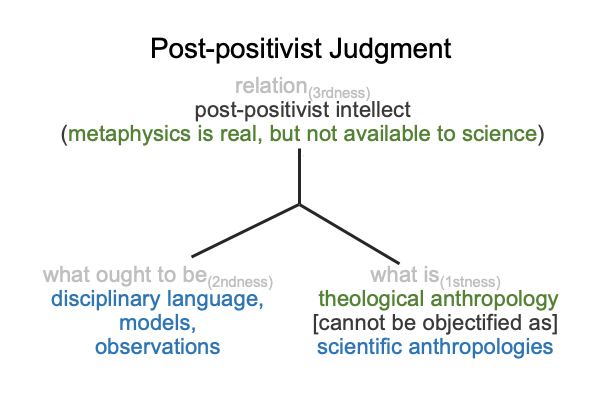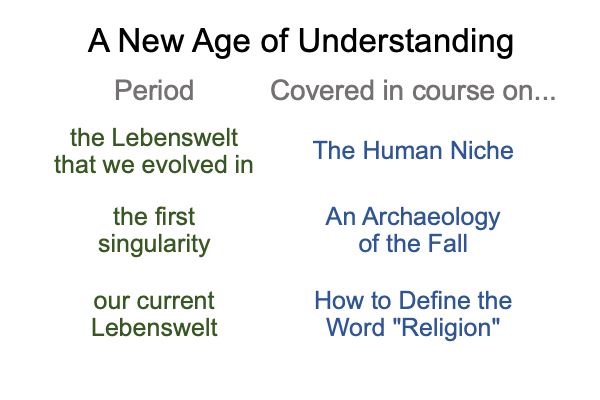Looking at Jeff Hardin’s Essay (2019) “Biology and Theological Anthropology” (Part 11 of 15)
0059 Our current world is fallen, yet civilization constantly rises from the ashes of prior self-destructions.
The Bible depicts a cycle of formation, deformation, and reformation.
A new approach to the psychological and the social sciences ought to move in tandem with Biblical interpretation.
0060 Some evolutionary psychologists already stumble in this direction.
For example, today, people are fat, lazy and addicted to sugar.
Is the problem that our ancestors adapt to a world filled with fat-burning, strenuous and sugar-demanding activities?
No, with the benefits of civilization, the pressure is off. We can afford to slow down, take rests and eat desserts. The problem is our current Lebenswelt.
0061 When anyone asks me what I’m doing, I say, “I’m working.”
But, I’m really eating candy.
Yes, I project meaning, presence and message into the word, “work”.
And, my projection is paying off.
My own spoken words create an artifact that justifies my sloth, plus a little extra.
Fat, that is.
0062 Spoken words stimulate the production of artifacts that appear to validate the meaning, presence and message of spoken words.
Doesn’t that sound scientific?
The motif is so versatile.
Augustine proposes that the disorder caused by Adam’s rebellion resides in our privy parts.
Surely, he is on track.
What better incentive to manipulate meaning, presence and message, than to generate artifacts in the service of one’s privy parts?
The current Zeitgeist says, “It’s only natural.”
Augustine’s concept of concupiscence sounds like an orientation that postmoderns want to speak about… er… manage.


